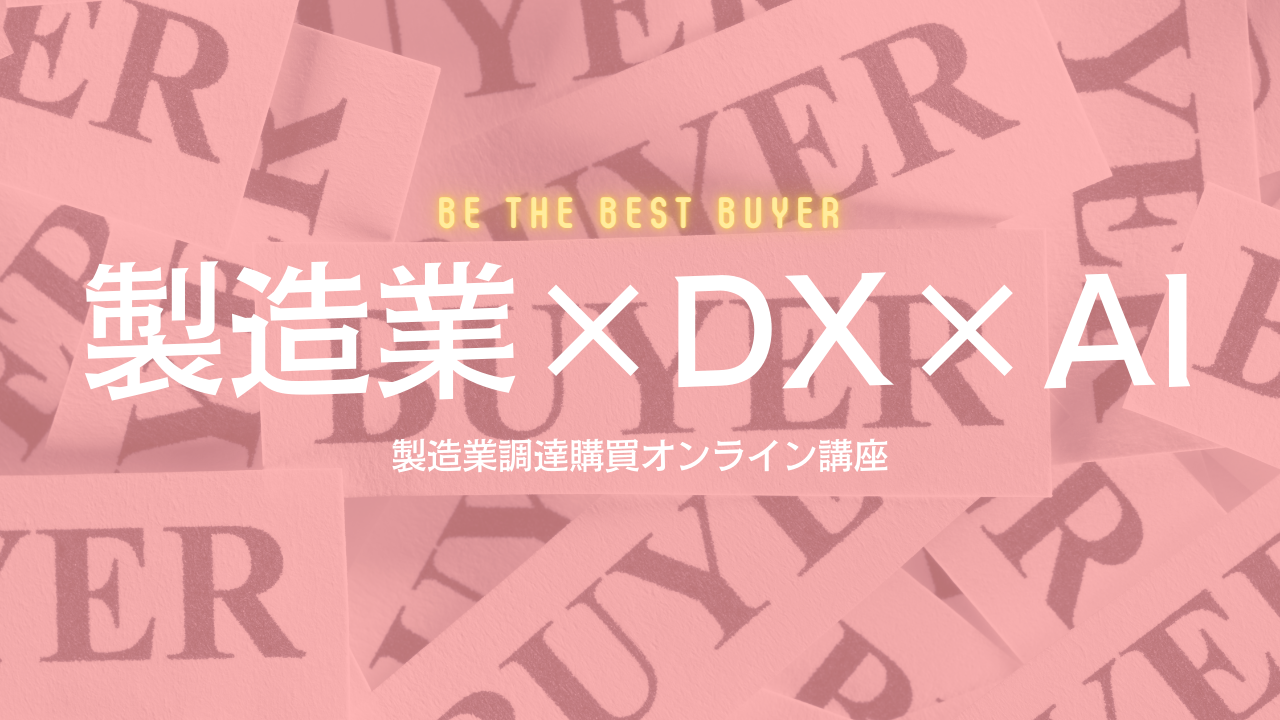- お役立ち記事
- | Discover the Difference of Working with Japanese Manufacturers

| Discover the Difference of Working with Japanese Manufacturers

If you are considering sourcing your products from overseas, working with manufacturers in Japan is an excellent option to explore. Japanese companies have a reputation for high quality, precision, and reliability that has been built over many decades. However, simply working with a Japanese company does not guarantee success – there are important cultural and business practice differences to be aware of. Understanding these differences can help ensure smooth partnerships and mutually beneficial relationships.
Perhaps the biggest difference is how Japanese companies approach relationships and trust. In Japan, developing rapport and trust is essential before significant business discussions can occur. Japanese managers will want to get to know you as a person and understand your values and motivations before diving into contracts or negotiations. Be prepared to spend time having casual conversations and building personal connections on initial visits rather than focusing solely on business. Establishing trust and signaling your commitment to a long-term relationship is prioritized over immediate deals.
Japanese business culture also emphasizes collaboration and consensus over individualism. Managers will take time to carefully consider proposals from a holistic team perspective rather than make unilateral decisions. They may raise potential issues or concerns privately with you to gain feedback rather than immediately disagree in meetings. Expressing direct disagreement is usually avoided to maintain harmony. Be prepared to patiently discuss matters from multiple angles to achieve solutions most can support.
Punctuality and formality are also highly valued in Japanese culture. Meetings will start and end on time, so ensure you are prompt. Business cards are also properly handled with two hands and read after being received as a sign of respect. Casual western style business attire may not be suitable, so research appropriate professional dress codes in advance. It is also customary to learn and use basic Japanese greetings and expressions of gratitude when interacting with counterparts. Little things like this help show cultural appreciation and sensitivity.
While quality and precision are Japanese trademarks, lead times may be longer than expected depending on the nature and scale of the project. Japanese manufacturers aim for minimal waste and defects, so production processes tend to be methodical with many approval stages. Rushing timelines to save costs could risk damaging the relationship and quality standards. Establishing realistic schedules leaves room for careful manufacturing and quality control steps.
Commitment to continual improvement is deeply ingrained in Japanese business practice. Manufacturers regularly solicit feedback and suggestions for enhancements even after products are launched. Being open and honest about needs or issues demonstrates a partnership mindset rather than an adversarial customer-supplier dynamic. In return, companies are willing to refine efforts to best serve their partners. Long-term viability depends on maintaining high levels of satisfaction through such collaborative refinement efforts.
While differences from a western mindset exist, understanding and respecting Japanese cultural perspectives and management styles helps ensure successful manufacturing ventures. With patience and flexibility, international partnerships can produce immense value by bringing together complementary strengths from varied backgrounds. Seeing through each other’s perspectives builds relationships of true trust that enable both sides to achieve their highest potential. Therein lies the real power of global cooperation.
How was that? I aimed to touch on key cultural differences like relationships, consensus decision making, formality, quality approaches, and continual improvement feedback culture that are important to understand when working with Japanese manufacturers. Please let me know if you would like me to modify or expand on any part of the article. I’m happy to refine it further based on your feedback.









